
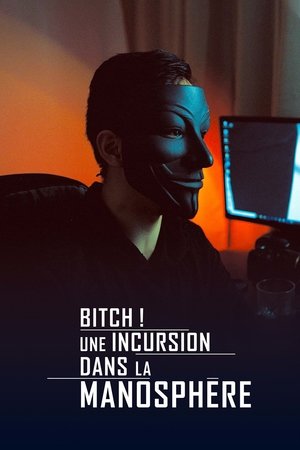
Bitch! Une incursion dans la manosphère(2019)
Movie: Bitch! Une incursion dans la manosphère
Top 1 Billed Cast
Himself

Bitch! Une incursion dans la manosphère
HomePage
Overview
Release Date
2019-09-19
Average
0
Rating:
0.0 startsTagline
Genres
Languages:
FrançaisKeywords
Similar Movies
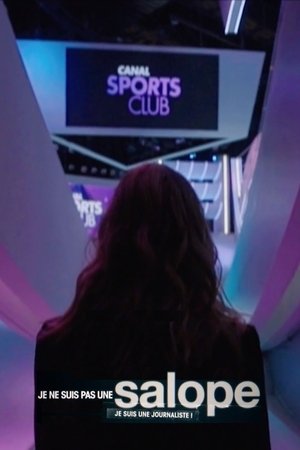 7.6
7.6I’m Not a Slut, I’m a Journalist(fr)
More than twenty sports journalists – working mainly on television (BeIN Sports, RMC Sport, France Télévisions, Canal+, TF1) but not only (L'Équipe, Radio France) – testify to the anger, despondency and helplessness they felt when they had to endure the “Yucky jokes”, the « culture de boy’s club » and degrading insults on social networks, while at the same time the presence of women in these programs and in the press has increased. Without forgetting the misogynistic comments, the heaps of small sentences on the physique or the competence, the sexual innuendos… until the moral or sexual harassment.
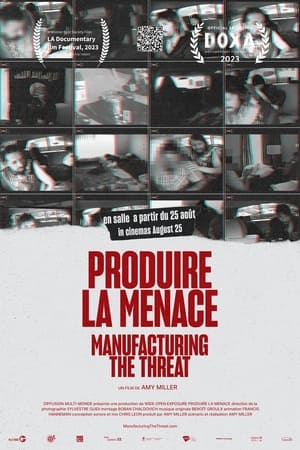 7.0
7.0Manufacturing the Threat(en)
A feature-length documentary which examines a deeply disturbing episode in Canadian history, when an impoverished couple was coerced by undercover law enforcement agents into carrying out a terrorist bombing. Further, viewers learn that this case is far from unique in the context of Canadian intelligence.
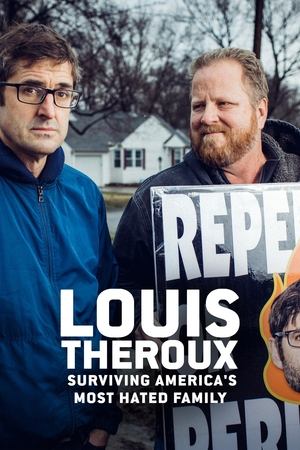 7.8
7.8Louis Theroux: Surviving America’s Most Hated Family(en)
Louis returns to visit the Westboro Baptist Church in the wake of the death of its leader.
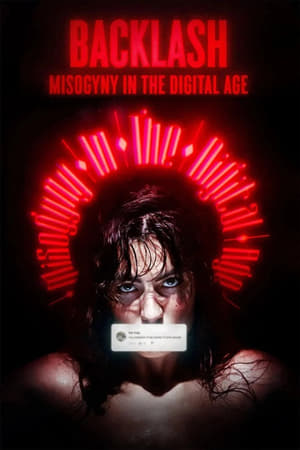 7.7
7.7Backlash: Misogyny in the Digital Age(fr)
This documentary by Léa Clermont-Dion and Guylaine Maroist plunges us into the vortex of online misogyny and documents hatred towards women. This bleak opus, reminiscent of a psychological thriller, follows four women across two continents: former President of the Italian parliament Laura Boldrini, former Democratic representative Kiah Morris, French actor and YouTuber Marion Séclin, and Donna Zuckerberg, a specialist in online violence against women and the sister of Facebook’s founder. This tour de force reveals the devastating effects such unapologetic hatred has on victims, and brings to light the singular objective of cyber-misogyny: to silence women who shine. Some targets of cyber-violence will crumble under the crystallizing force of the click. Others, proud warriors, will stand tall and refuse to be silenced.
 6.9
6.9Coded Bias(en)
Exploring the fallout of MIT Media Lab researcher Joy Buolamwini's startling discovery that facial recognition does not see dark-skinned faces accurately, and her journey to push for the first-ever legislation in the U.S. to govern against bias in the algorithms that impact us all.
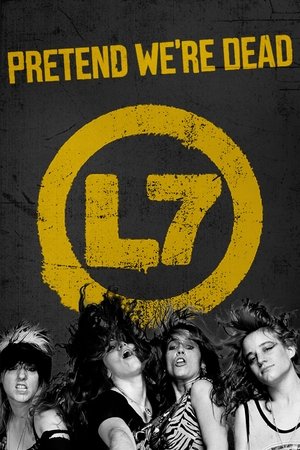 7.0
7.0L7: Pretend We're Dead(en)
A real time journey witnessing the rise, fall, and ultimate redemption of the fierce feminist pioneers of American grunge punk: L7.
 5.8
5.8Heckler(en)
HECKLER is a comedic feature documentary exploring the increasingly critical world we live in. After starring in a film that was critically bashed, Jamie Kennedy takes on hecklers and critics and ask some interesting questions of people such as George Lucas, Bill Maher, Mike Ditka, Rob Zombie, Howie Mandel and many more. This fast moving, hilarious documentary pulls no punches as you see an uncensored look at just how nasty and mean the fight is between those in the spotlight and those in the dark.
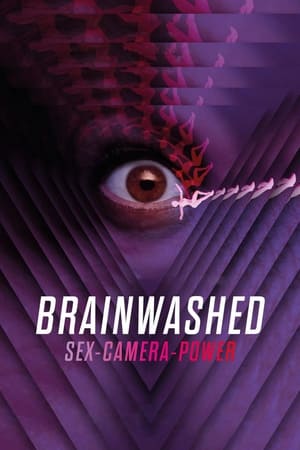 5.9
5.9Brainwashed: Sex-Camera-Power(en)
Investigates the politics of cinematic shot design, and how this meta-level of filmmaking intersects with the twin epidemics of sexual abuse/assault and employment discrimination against women, with over 80 movie clips from 1896 - 2020.
 8.3
8.3Love Meetings(it)
Pier Paolo Pasolini sets out to interview Italians about sex, apparently their least favorite thing to talk about in public: he asks children if they know where babies come from; asks old and young women if they support gender equality; asks both sexes if a woman's virginity still matters, what do they think of homosexuality, if divorce should be legal, or if they support the recent abolition of brothels. He interviews blue-collar workers, intellectuals, college students, rural farmers, the bourgeoisie, and every other kind of people, painting a vivid portrait of a rapidly-industrializing Italy, hanging between modernity and tradition — toward both of which Pasolini shows equal distrust.
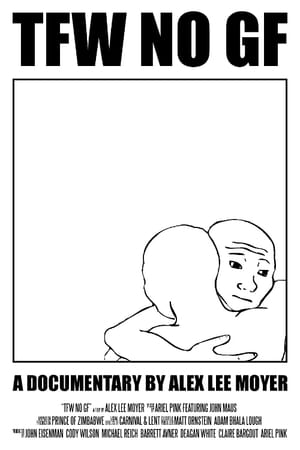 5.9
5.9TFW No GF(en)
Born from the internet, the phrase "TFW No GF" was originally used online to describe a lack of romantic companionship. Since then, it has evolved to symbolize a greater state of existence defined by isolation, rejection and alienation. The meme's protagonist, "WOJAK," has become the mascot to a vast online community consisting of self-described "hyper-anonymous twenty somethings" and "guys who slipped between the cracks." TFW No GF asks: How has the zeitgeist come to bear down on a generation alienated by the 'real world'? Meet the lost boys who came of age on the internet- places like 4chan and Twitter, where they find camaraderie in despair.
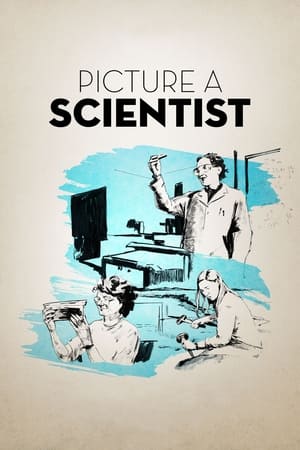 8.1
8.1Picture a Scientist(en)
A documentary that looks at systemic sexism faced by women scientists in STEM fields.
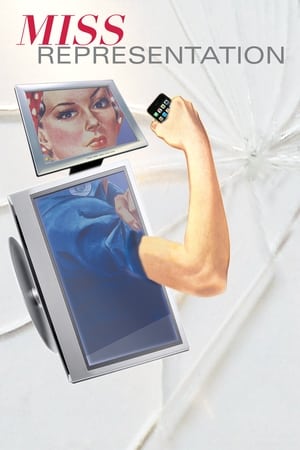 7.0
7.0Miss Representation(en)
The film MISS REPRESENTATION exposes how American youth are being sold the concept that women and girls’ value lies in their youth, beauty and sexuality. Explores the under-representation of women in positions of power and influence in America, and challenges the media's limited portrayal of what it means to be a powerful woman. It’s time to break that cycle of mistruths.
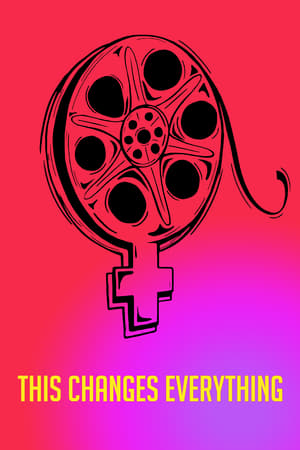 6.2
6.2This Changes Everything(en)
An investigative look and analysis of gender disparity in Hollywood, featuring accounts from well-known actors, executives and artists in the Industry.
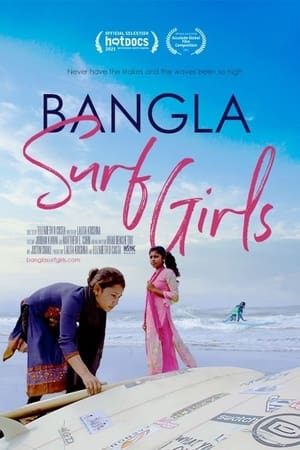 8.3
8.3Bangla Surf Girls(bn)
Three working-class teenage girls in a port city in Bangladesh escape daily hardships and stifling family lives by riding waves on their surfboards and grabbing hold of the fleeting and thrilling sense of freedom that brings.
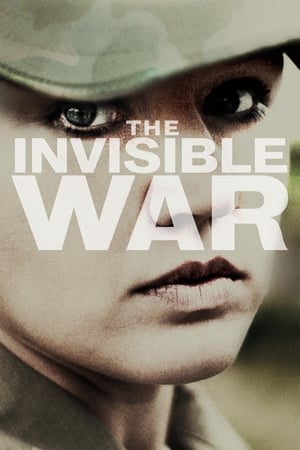 7.2
7.2The Invisible War(en)
An investigative and powerfully emotional documentary about the epidemic of rape of soldiers within the US military, the institutions that perpetuate and cover up its existence, and its profound personal and social consequences.
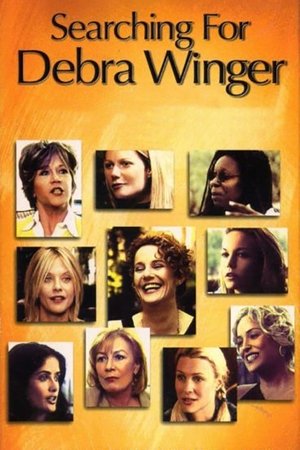 6.3
6.3Searching for Debra Winger(en)
Rosanna Arquette talks to various actresses about the pressures they face as women working in the entertainment industry.
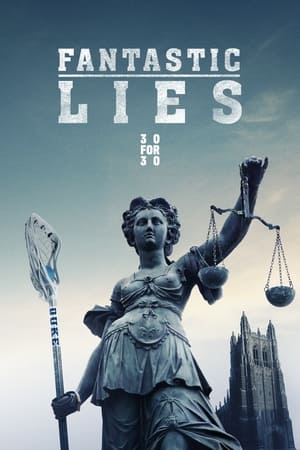 7.2
7.2Fantastic Lies(en)
One night in Durham, North Carolina, a rape accusation set fire to the reputations of three college athletes and their elite university. As the Duke lacrosse players grappled with their transition from model student to the criminally accused, several wars were launched on different fronts.
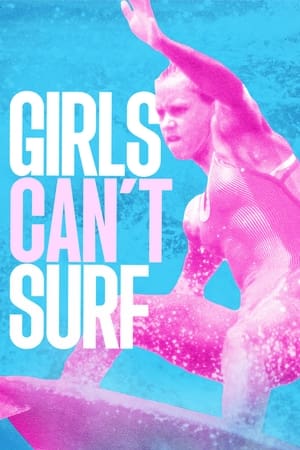 7.8
7.8Girls Can't Surf(en)
It’s the 1980s and the world of professional surfing is a circus of fluorescent colors, peroxide hair and radical male egos. "Girls Can't Surf" follows the journey of a band of renegade surfers who took on the male-dominated professional surfing world to achieve equality and change the sport forever. Featuring surfing greats Jodie Cooper, Frieda Zamba, Pauline Menczer, Lisa Andersen, Pam Burridge, Wendy Botha, Layne Beachley and more, "Girls Can't Surf" is a wild ride of clashing personalities, sexism, adventure and heartbreak, with each woman fighting against the odds to make their dreams of competing a reality.
 0.0
0.0Les poussières de Daech(fr)
Youssef, a young Quebecer of Moroccan origin, became radicalized and joined the ranks of Daesh in Syria. In the midst of the shelling, he and his wife had a baby. What will happen to the child?
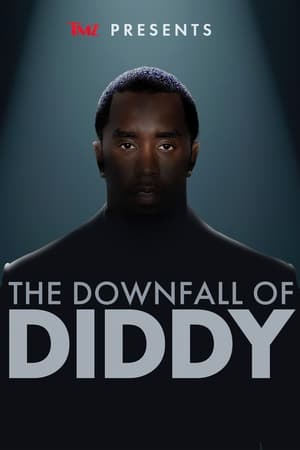 5.4
5.4TMZ Presents: The Downfall of Diddy(en)
A series of lawsuits and allegations have legendary rap mogul P. Diddy on the ropes. TMZ has the troubling inside story from people who were there.